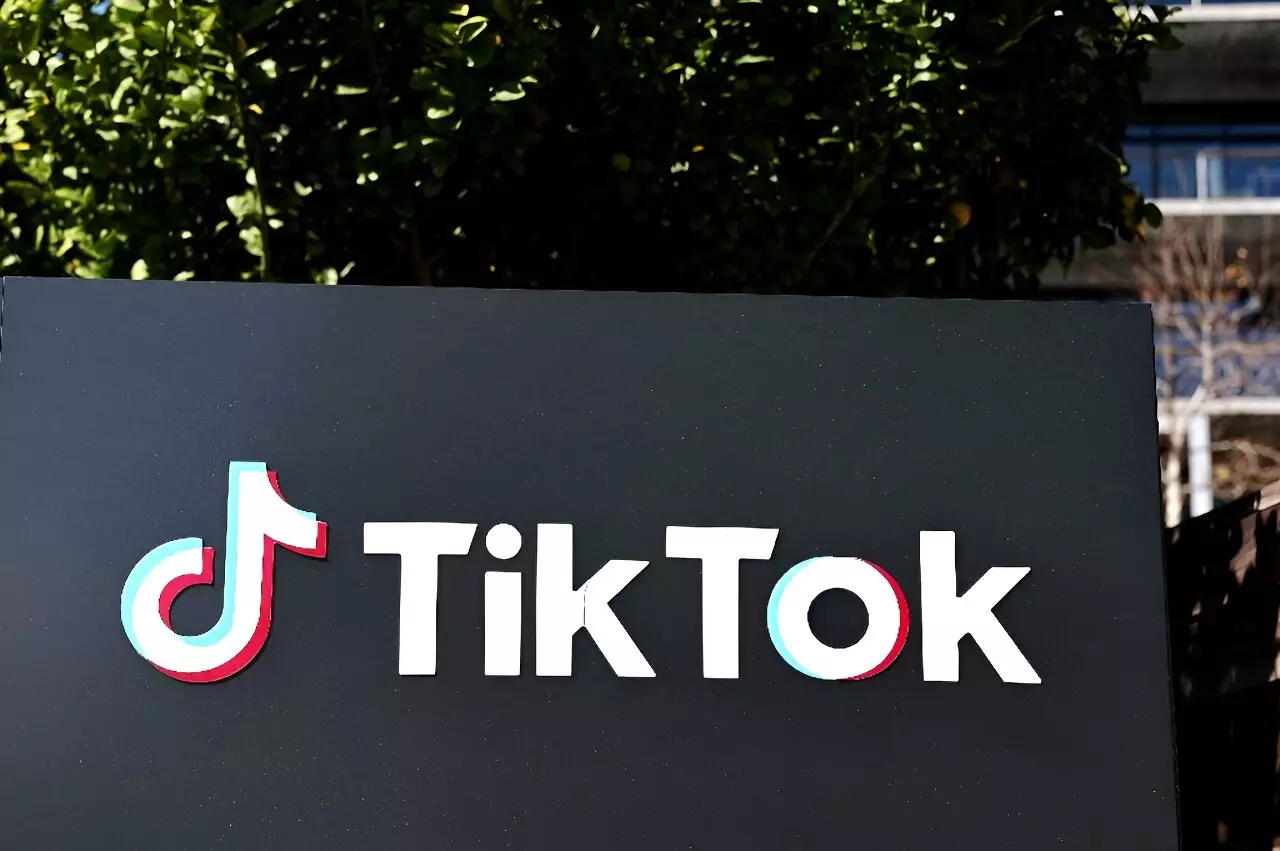The recent proposed legislation in the United States that could potentially lead to a ban on TikTok has sparked outrage among creators on the platform. TikTok users, including popular creators like Ariella Elm and Nathan Espinoza, have expressed concerns over the financial implications and lack of common sense behind the proposed bill. Elm, a political activist with a significant following on TikTok, raised the point that if the issue was truly about political affiliations, then other influential figures like Elon Musk should also be under scrutiny.
Despite the allegations of TikTok being influenced by the Chinese government, creators like Espinoza have highlighted the platform’s unique ability to provide a diverse representation of political views. Contrary to popular belief, TikTok has been a space where content from all sides of the political spectrum can coexist. Espinoza emphasized that it has been the only social media platform where he has witnessed such a balanced portrayal of political opinions.
From a marketing perspective, TikTok plays a vital role in the digital media industry, especially for small businesses. Espinoza pointed out that millions of people, ranging from politicians to teenagers and entrepreneurs, would be adversely affected if TikTok was to be banned in the United States. Steven King, a lifestyle content creator with a substantial following on TikTok, echoed this sentiment by highlighting the sense of community that the platform fosters.
The potential ban of TikTok has also raised concerns about its impact on the upcoming elections. Espinoza, who recently turned 18, expressed his belief that the younger demographic on TikTok would voice their discontent at the ballot box. With a considerable number of users being against the proposed ban, elected officials supporting the bill may face backlash from this demographic during the elections.
While many creators and users have vehemently opposed the idea of banning TikTok, there are also individuals who see the potential benefits of such legislation. Some users, like Victor Pelatere and Annmarie Fitzgerald, have highlighted the addictive nature of TikTok and its impact on attention spans. Pelatere mentioned the “TikTok brain rot” phenomenon, emphasizing the need to address the negative aspects of excessive TikTok use.
The debate surrounding the potential ban of TikTok in the United States is multifaceted, with creators, users, and policymakers expressing diverse opinions on the matter. While some argue for the platform’s importance in fostering community and providing diverse content, others raise valid concerns about its addictive nature. As the legislative process unfolds, it is essential to consider the various perspectives and implications of such a decision on the digital landscape.


Leave a Reply